Without stating the obvious the last 12 months has tested us, not just as individuals but also the very fabric of our society, with the probability that the impact of this current pandemic will echo for many many years to come. Yet as history has shown us, we will adapt and overcome. With this I find comfort.
However, as we start to emerge from our dwellings once again with the hope of some sort of return to normality, one of the questions we start to ask ourselves is what will our work/life balance look like and whether the option to work from home will be here to stay?
To answer that question, it’s probably best to turn the clock back to pre 2020 when the world was a very different place.
Within the agency arena, traditionally the option to work from home was a rare find and usually reserved for senior management only. In fact, in some circles, it was positively frowned upon and the subject avoided at all costs.
To understand this aversion by some agencies to offer flexible working is to understand the creative industry as an entity first and what makes it tick.
Agencies by the by, are relatively the same in their chosen specialism. (Now I know some of you will be throwing your arms up in protest but bear with me here). Whilst all agencies create their own unique approach to frame their business, the nuts and bolts of an agency is to help promote and sell a product or service whilst utilising the various channels available to them. What does differentiate one agency from another though is the people within these businesses and what they can create.
These agencies are built on their culture and personalities within and they invest heavily on finding and securing the right people to help fulfil these ambitions. And if you are a small or mid-size agency in particular, then to generate this, agencies rely on people being in the office to connect with one another on a personal level and build that culture.
Although such platforms like Zoom and Teams have bought us together over the past 12 months and keep businesses ticking over, they don’t emotionally connect us and certainly don’t promote or build those personal interactions.
As an example, I recall from my early days working within agency land, that buzz I got from those late-night creative brainstorm sessions with free pizza and beers. The frantic last-minute dash to the colour printer to check the proofs before sending out via the last courier run. Those passionate debates and arguments about a strategy or idea and whether a client’s neighbours, great auntie, brother would like the colour palette we’d chosen or the copy…. As well as that all important comradery that comes from the banter you only get with your colleagues that have walked that same path as you and clocked those hours stressing over a concept.
I don’t do this justice and it’s hard to explain but its these connections, these moments that are the building blocks of an agency’s personality. It brings us together and binds us in a language that is beyond words. It’s a sense of believing, belonging and achievement.
On the flip side though, prior to this pandemic, over the past decade or so the want for more flexibility had continued to grow across all levels, with employers matching this with their own concerns over productivity and impact on culture. However, in the months leading up to the pandemic you could feel a tentative change starting to happen, with some agencies beginning to adapt.
Then March 2020 hits and all hell breaks loose, and everyone is working from home and businesses are forced to adapt and quickly.
This shift in the matrix gave us the opportunity to run several surveys at different stages about working from home. Both from an employee and employer point of view.
The results I have to say weren’t as obvious as you may think.
To begin with employees that weren’t being furloughed and had nothing else to do but work, threw everything into their jobs. This kept them distracted from what was happening in the world but also out of a deep-seated fear that no job was safe. At the same time though this newfound freedom of working from home seemed to be embraced by most and the idea of virtual offices in the future were being muttered. Employees feeling that this could be the dream, whilst employers were thinking about cutting office space costs or relocating.
As the pandemic continued to rumble on, within the B2B space especially, there were definite positive signs that this market wasn’t being hit as hard as others. Employers started reporting better than expected results and even started saying how much more productive everyone was being.
Of course, the downside of employees throwing themselves into their jobs and having no release or respite meant that burnout started to follow, and employees started to become candidates.
Now to the present day. As we all start to plan ahead and prepare to open up our offices again, we completed our final survey and asked whether given a choice would employees prefer to work from home or in an office.
The feedback was clearly split between two camps. Out of the people approached, 62% of creatives wanted to return to the office environment and were more than happy with 5 days a week with the option to occasionally work from home if required. With most feeding back saying they missed being surrounded by their fellow colleagues and sitting in a room brain storming face to face surrounded by that natural energy and banter that comes with the creative process.
Whereas when we looked at the results from client services, strategy and operations, this was quite a different picture. Although hardly anyone wanted to stay working at home 5 days a week. There was a clear signal that rather than being contracted to work from one location, 89% of our audience seemed to want the flexibility to work from numerous locations including home. Splitting time between office and home as and when required/desired.
One thing is for certain, these following months will shape how agency life will look moving forward and I believe we will start to see the dawn of a new era where flexible working will become the norm.
The question will be how agencies offer this flexibility whilst still holding onto their culture and personality.










